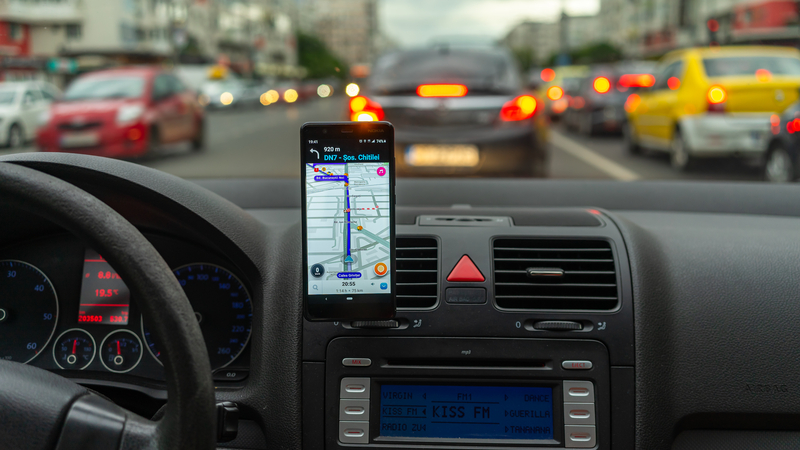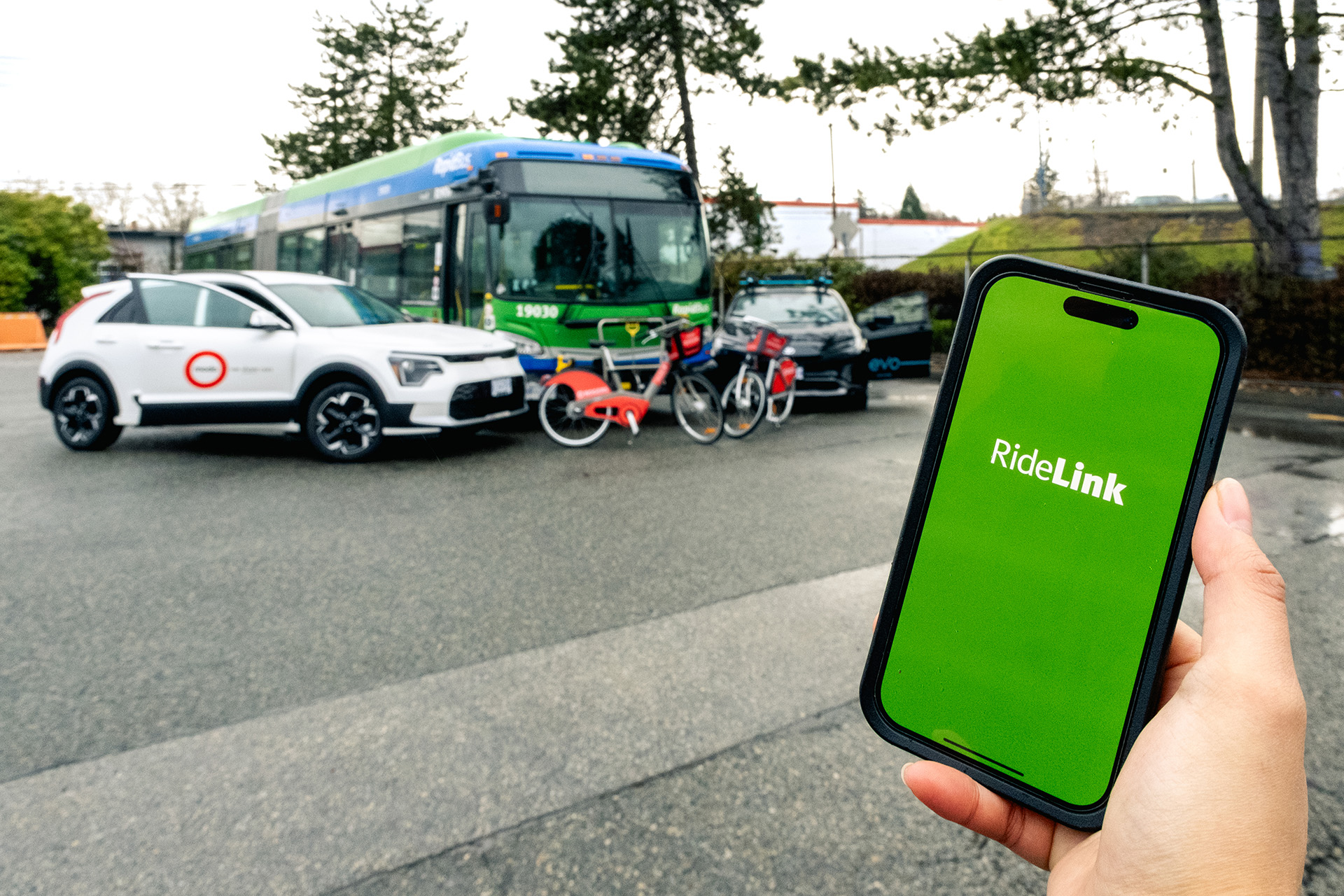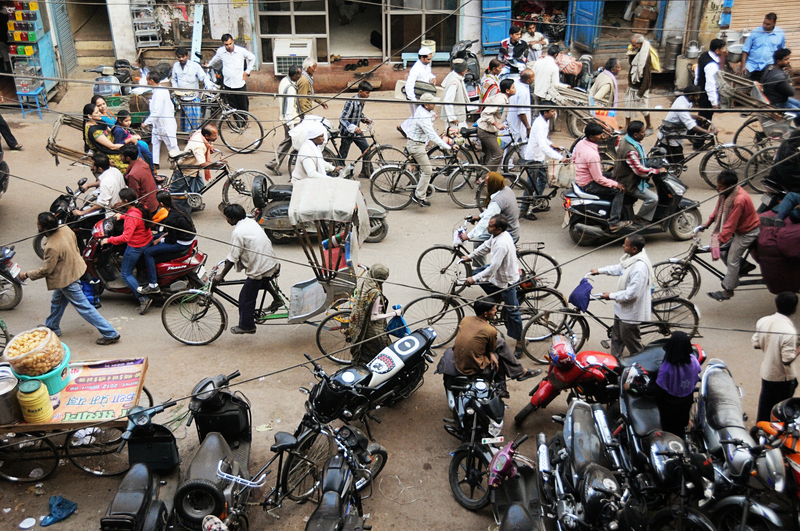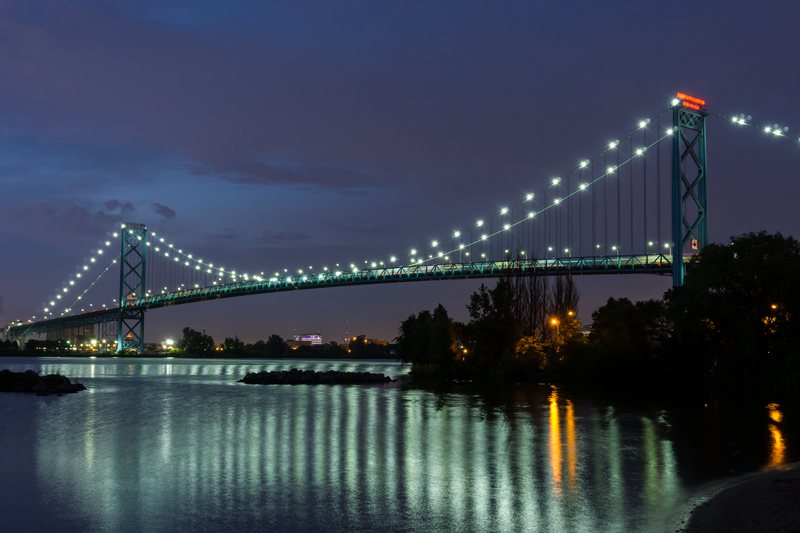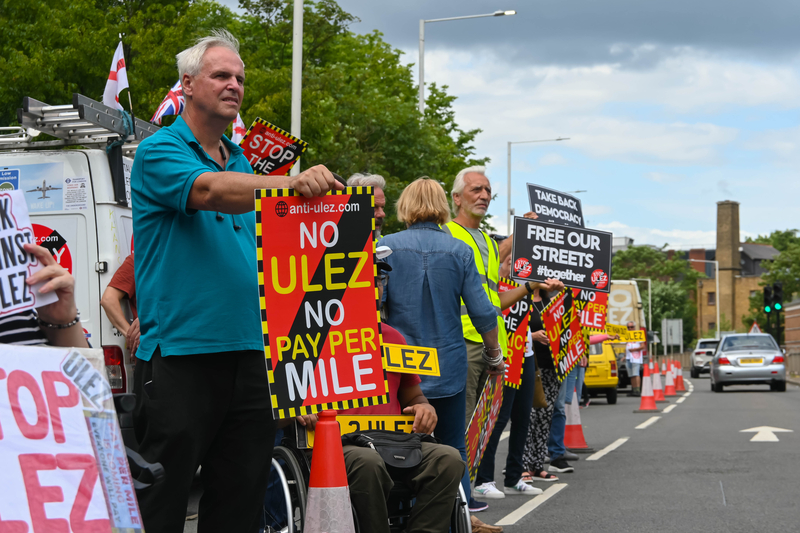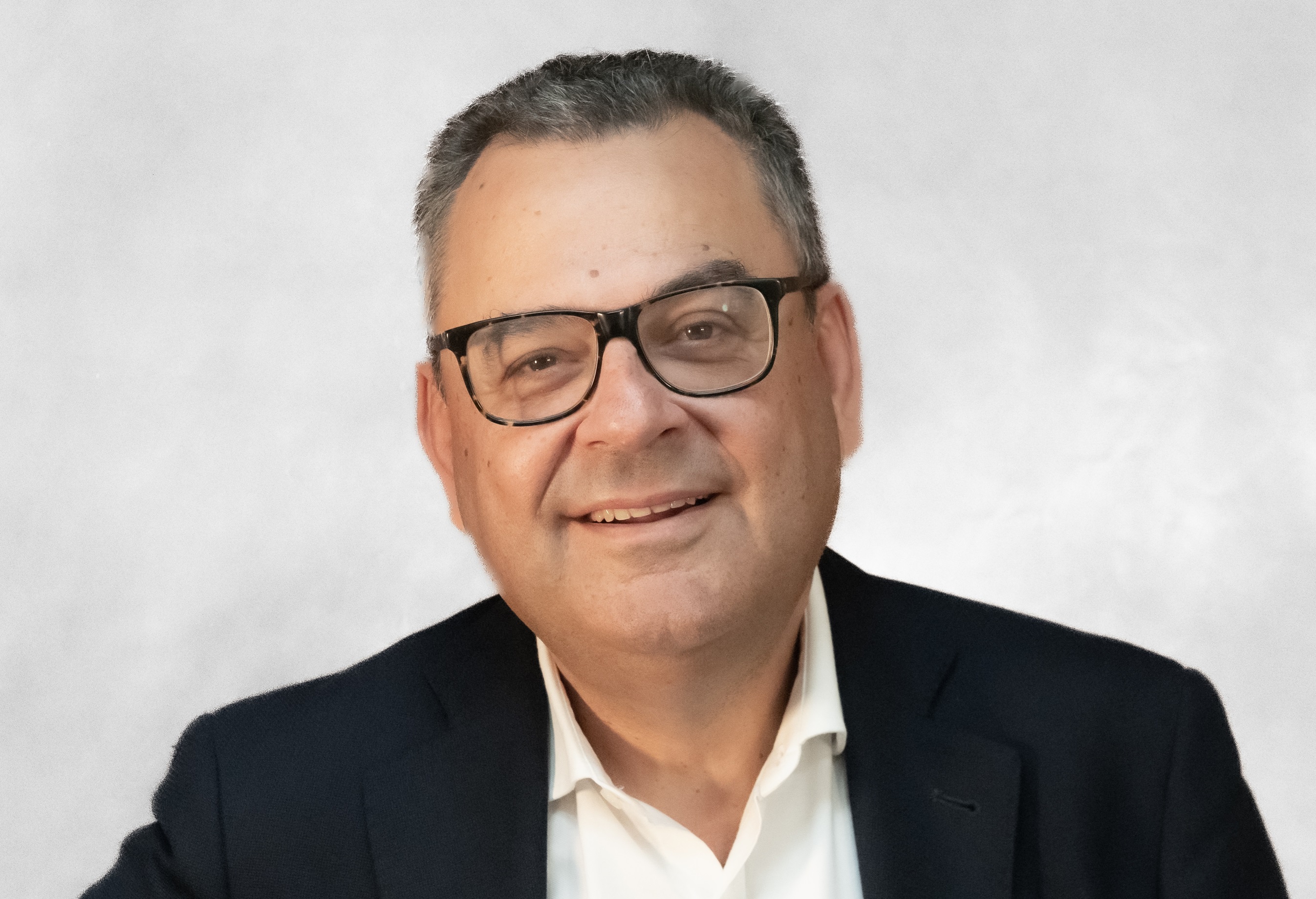
The whole world - or at least a large part of it - will be focusing on the Pacific Northwest of North America during the men’s Fifa World Cup soccer tournament in 2026.
Seattle is one of 16 World Cup host cities in three countries: US, Canada and Mexico. While the draw for the World Cup games in July and August of 2026 has not yet been published, Seattle will host half a dozen matches – four in the group stages and two in the knockout part of the tournament - at Lumen Field.
Ten other US cities plus Mexico City, Guadalajara and Monterrey south of the border will also host games. And Canada is making its debut as a host, with Toronto staging games as well as five group stage and two knockout-round matches to be played in Vancouver, just north of the border from Seattle.
Immense challenges
An estimated four billion people will be watching, a TV audience six times larger than the Super Bowl. The tournament is unusual in attracting the attention of a huge number of non-sports fans for its five-week duration: it is a chance for cities to market themselves to the world – but for transit authorities it presents some head-scratching conundrums as urban populations swell with fans keen to see the action for themselves.
During the games in Seattle, for example, between 400,000 and 750,000 people are expected to visit the city, and this will present immense challenges moving people around efficiently, said April Putney, chief strategy officer at local organising committee Seattle Fifa World Cup 2026 (Seattle FWC2026).
If things go well, there should be a specific app for travel around the city, said Putney, during a panel discussion at the 91st IBTTA Annual Meeting and Exhibition in Seattle. Apart from advising on the games, the app should also help people get around for shopping and sightseeing.
Under an agreement with the Seattle International Soccer Local Organising Committee, the city provides temporary use of some public properties, such as parks and streets. Seattle will also provide coordination and support for transportation and infrastructure issues – a key element on any World Cup event.
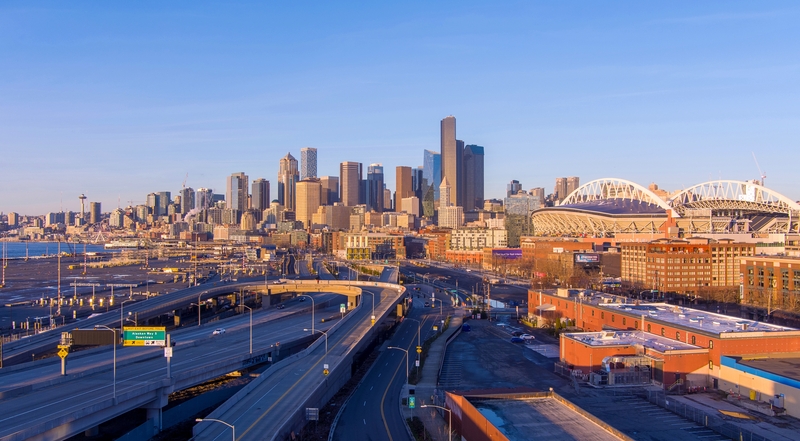
"For transit authorities [Fifa World Cup 2026] presents some head-scratching conundrums as urban populations swell"
Importantly, Putney said a more collaborative approach between regional transportation authorities, especially when it comes to high-speed rail improvements, could make a big difference to people’s transportation experience in that summer of 2026.
Many football fans will not have cars and will therefore rely on public transport; many others will not speak English, so will need easy-to-follow instructions.
Real-time information
For those using taxis and ride-hail services, an ongoing issue is that traffic apps which give drivers directions can often cause bottlenecks by having drivers detour onto smaller roads. Future transport apps must be exceptionally good at giving users more real-time information about route changes and detours, said Roland Behee, chief operating officer of the public agency Community Transit that operates buses in Snohomish County - the third-most populous county in Washington state after nearby King and Pierce counties.
The apps must be designed to interface with other tools to future proof them. Importantly, they must handle the coming need for much more on-demand or Uber-style transit. He believes this will be increasingly important, especially during the World Cup. Many foreign transit users will expect such access to immediate transportation.
Clearly, the game will begin for Seattle and all the other cities well before the first match actually kicks off.



